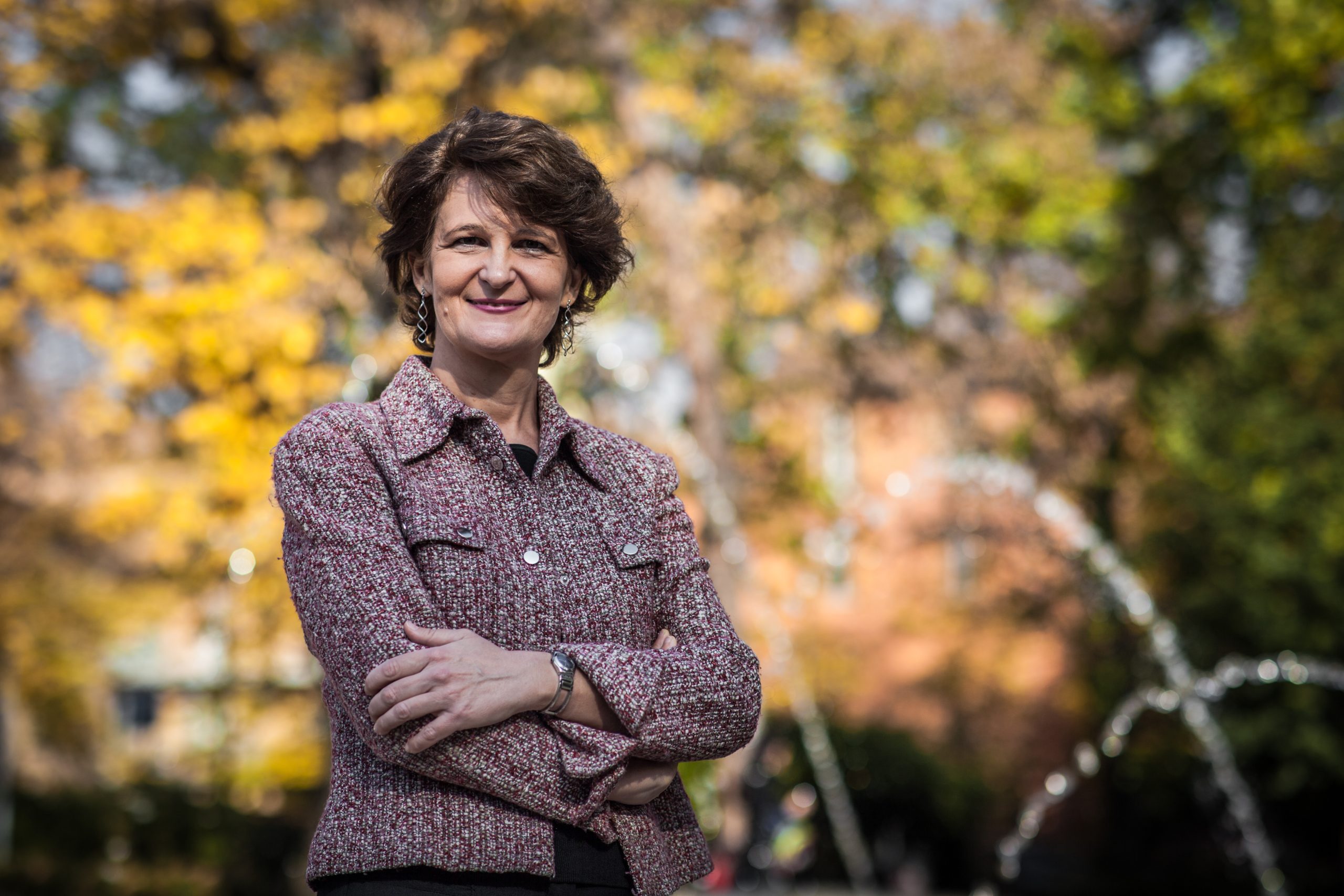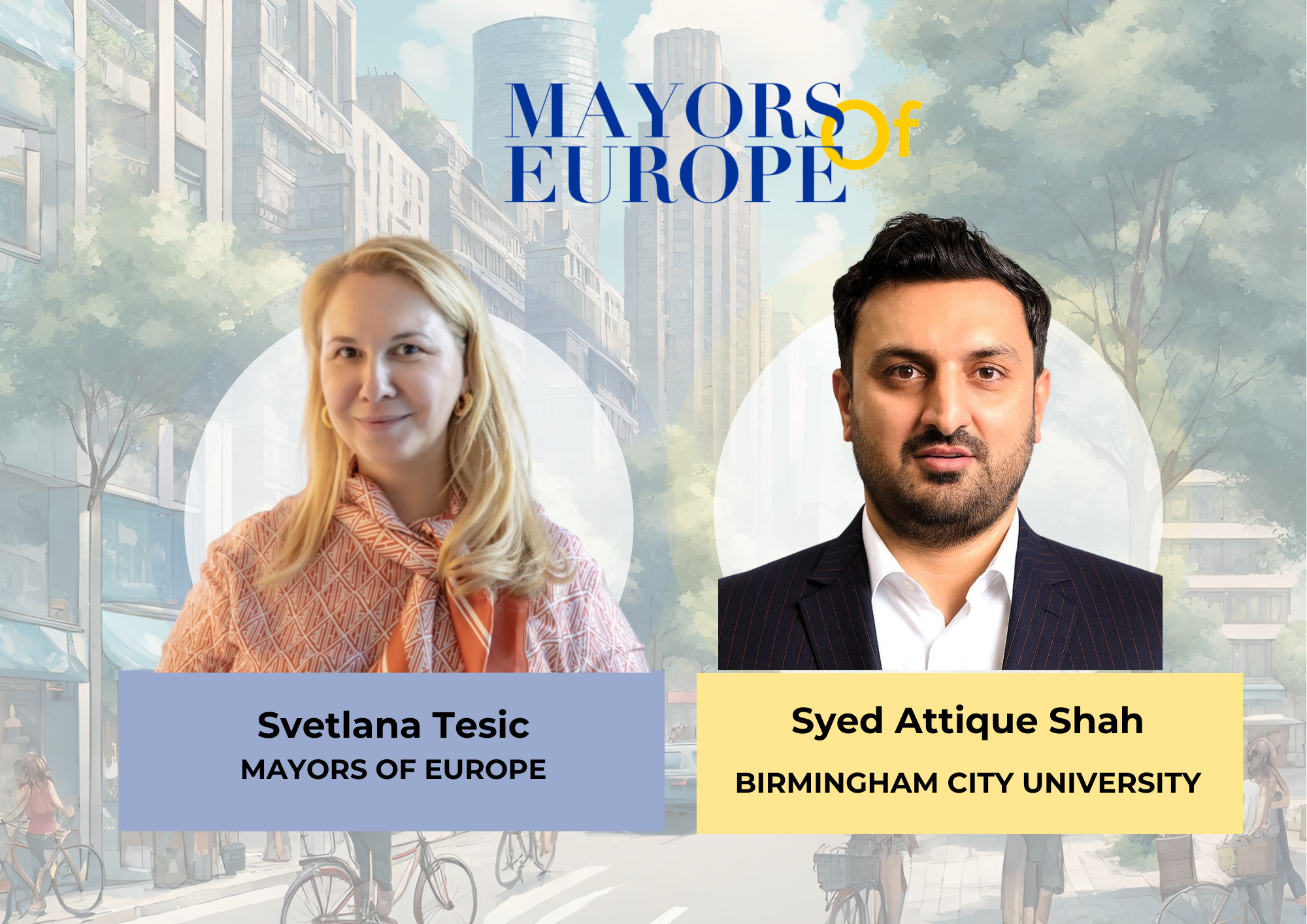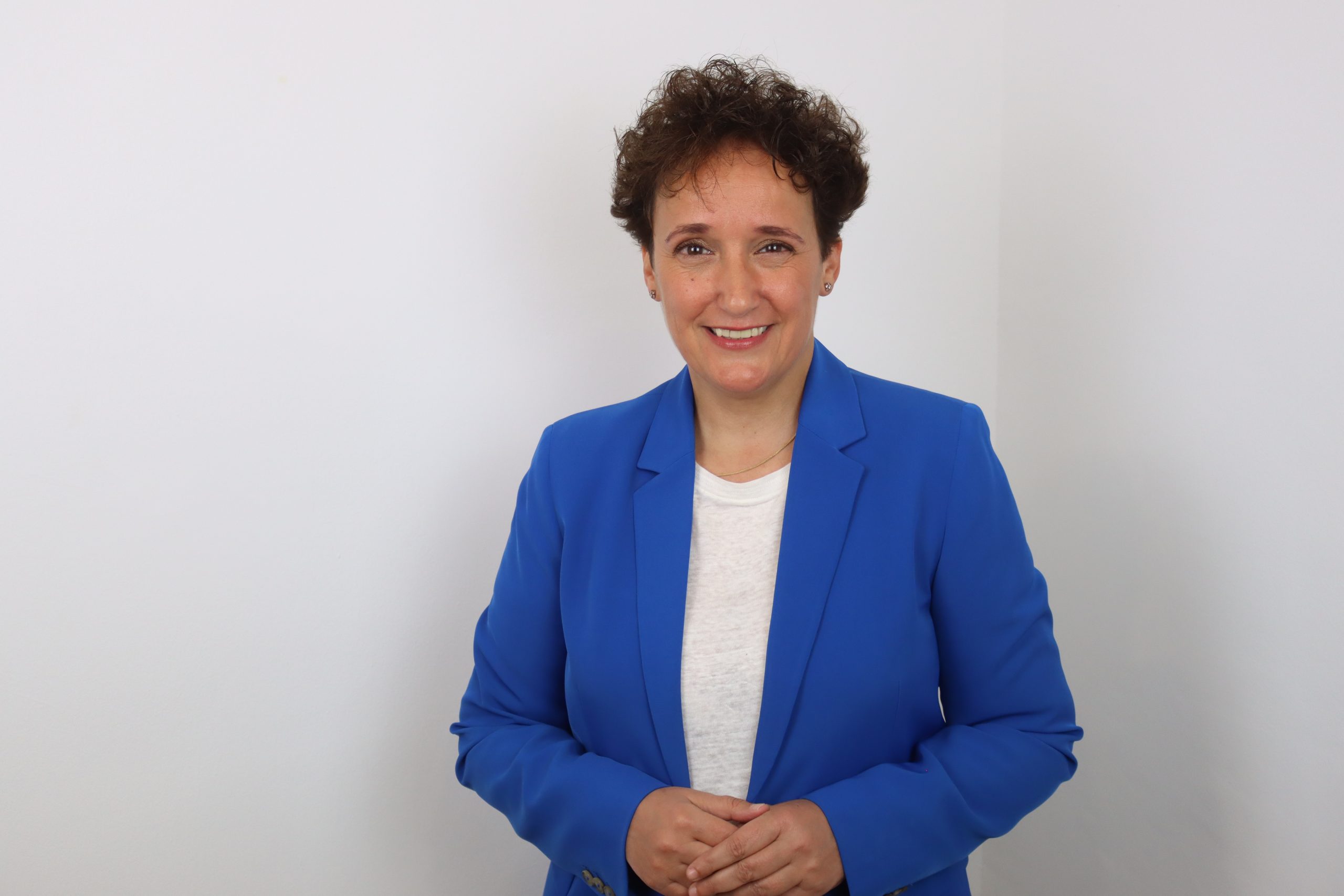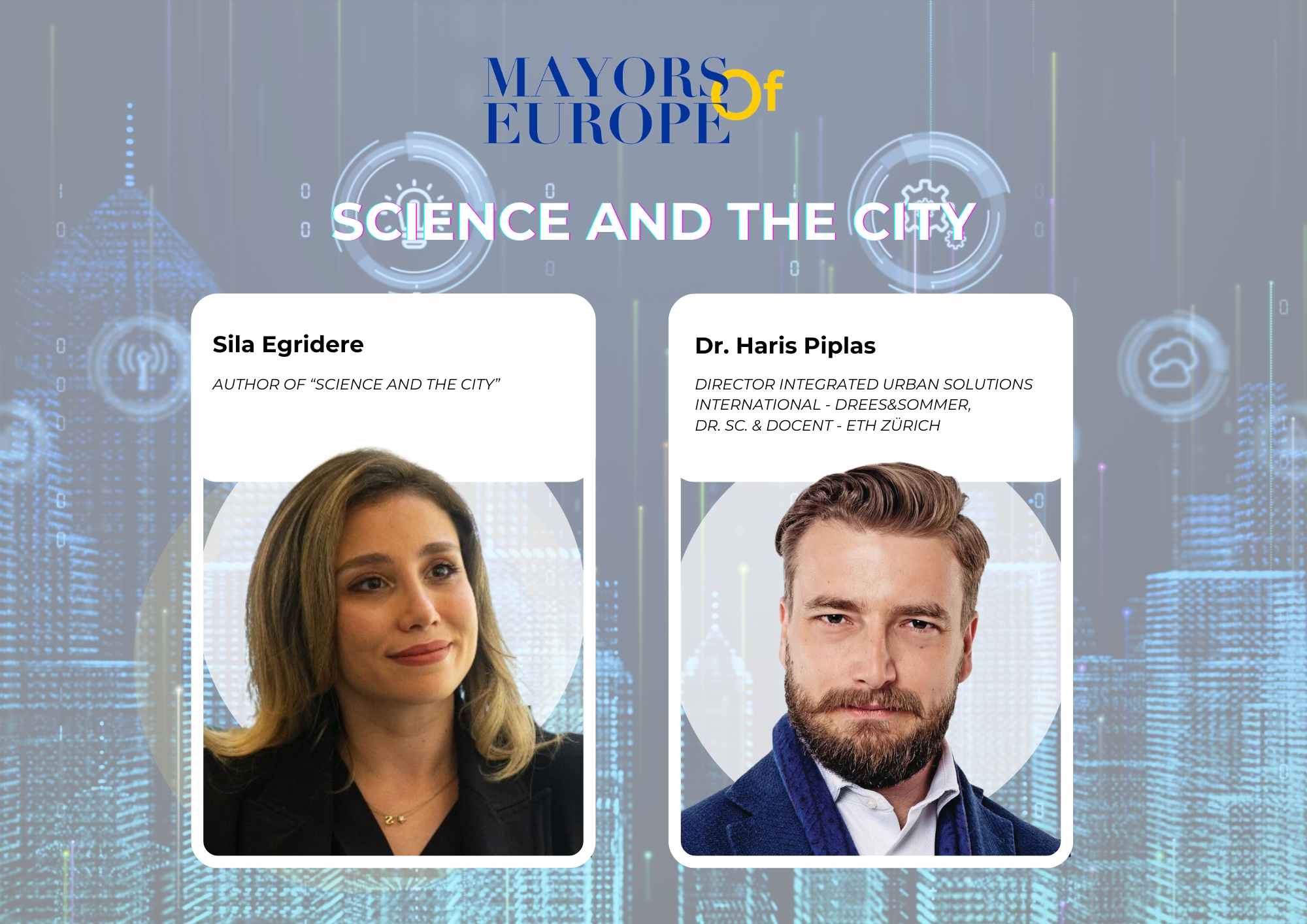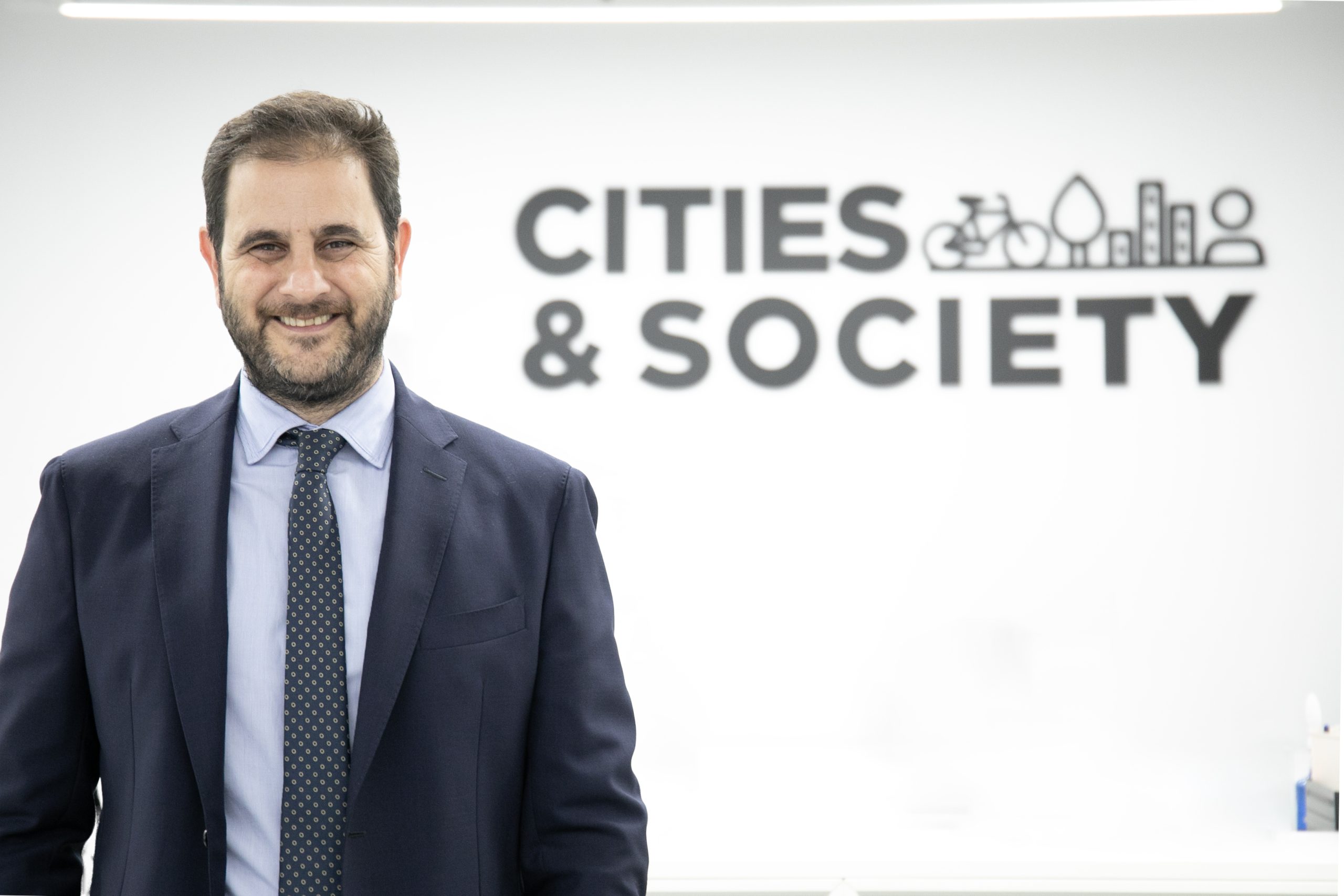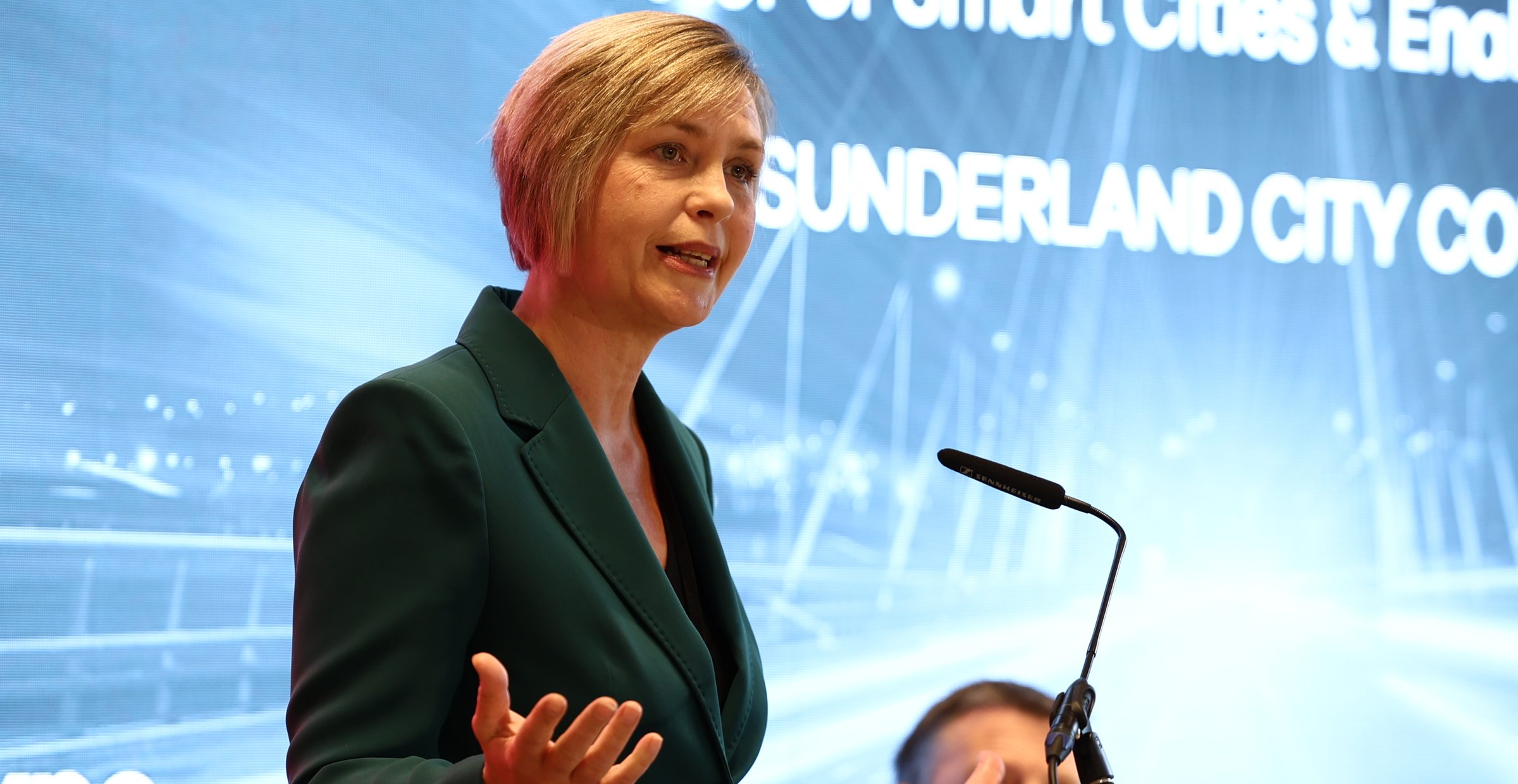- en
Mayor Bouke Arends and Westland, Netherlands – Leading the way in sustainable horticulture and local food production
Bouke Arends became Mayor of Westland in December 2018. His responsibilities cover public order and safety, intergovernmental relations and Public Affairs, External and International affairs and coordination of the Flora Campus Westland.
Mr. Arends was born in 1966 and raised in the city of Emmen. During his studies he was elected a member of the city council of Emmen for the PvdA (Labour party). After obtaining his Master in Public Administration he became chairman of the board of the Rijnbrink Group. In 2010 Bouke Arends was appointed as Vice Mayor of the city of Emmen and held several portfolios during his time there. Eight years later he became Mayor of Westland in 2018 where he still successfully serves as an example and role model.
We at Mayors of Europe spoke to him about the impressive horticultural achievements of Westland, the Netherlands, as the greenhouse capital of the world, the innovations driving its success, and the region’s commitment to global sustainability and addressing challenges such as health, nutrition, and food security. Additionally, we delved into the importance of knowledge exchange, the role of partnerships in fostering innovation, and Westland’s contribution to the United Nations’ Sustainable Development Goals, particularly in areas like ‘Zero Hunger’ and ‘Sustainable Cities’.
According to NASA, Westland in the Netherlands is the greenhouse capital of the world. It is the number two exporter of food as measured by value, second only to the United States. This is accomplished inside of almost 100 square kilometers of greenhouses. Tomato production, for example is 1 million tons per year, grown on only 18 square kilometers of area, making it number one globally in efficiency.
Mayor Arends, these statistics are really impressive. Yet, we believe we haven’t heard enough about Westland and its value creation, so far. Please tell us more.
Located in the western part of the Netherlands, with more than 115.000 inhabitants, Westland boasts the world’s largest concentration of (glass)greenhouses. The greenhouse industry in our municipality generates more than 6 billion Euros annually and the regional horticultural cluster (Greenport West-Holland) in the Netherlands is doubling that amount. For the Netherlands the added value of the total horticulture sector is more than 24 billion Euros.
On a daily basis the companies in the Westland region work on the newest innovations to improve horticulture, such as electricity production by cogeneration, different types of (semi)-closed greenhouses, biological pest-management, sustainable water use and almost autonomous greenhouses.
We enthusiastically show these innovations to the rest of the world and are constantly reaching out to other businesses so we can cooperate on further improvements. That being sad, the Dutch, and more specific the Westland mentality is more modest. Just work hard and show results, don’t talk about it too much.
Obviously, this is something we are working on and we should speak and communicate about more often.
Science driven innovations coming from the private sector are fundamental for global sustainability. How do you see innovations in horticulture and food production are benefiting this powerful ecosystem you established? What potential do you see in sharing and scaling-up your successful and sustainable model globally with your peers?
In Westland and the Greenport West-Holland all the key players in the entire chain of greenhouse horticulture are concentrated in a region of less than 100 square kilometers: from seeds to growing, to packaging, transport and trade, supported by government as well as knowledge, technology and research (and knowledge) institutes. More than 60.000 jobs in our region are related to this horticultural cluster. Our larger companies use 25% of there income for R&D.
This unique cooperation leads to new innovations and sustainable solutions to answer global challenges, such as health and nutrition, water and energy use, food safety and consumer trust. We are proud to see how this massive concentration of horticulture and food security all comes together in Westland as the capital of the Greenport. It is in this capital of seed production and development where we make sure the world is able to overcome major environmental and agricultural challenges.
By 2050, it is expected that the world population will reach approximately 9 billion people, mainly living in new cities or so-called megacities. Worldwide we are facing towards 600 cities with more than 10 million inhabitants. Feeding the population and greening the environment within these megacities will become increasingly important.
Over the coming years we expect that it will not be the plants and vegetables that will be exported throughout the world, but the knowledge and technology that makes this industry so efficient. More and more international delegations come to Westland to witness and to experience how we educate people, how we innovate and create efficient productions and how we exchange this knowledge with the world.
Mayor Arends, you truly have developed a cluster with specific and as now, moreover in future needed know-how which is a direct contribution to one of the most important SDG’s.
We could not have done this without the help of our partners. As mentioned before, companies, governments and knowledge institutes – not just in the Netherlands, but around the world – work continuously together on innovation and sustainable solutions to answer global challenges. This so called triple helix is the foundation for our horticultural cluster.
We strongly believe that food production must be done more locally on a global scale, which can be achieved through high-tech horticulture. We also believe that companies in Westland can provide solutions to these developments. Additionally, in our municipal role, we want to emphasize our joint contribution to at least of the Sustainable Development Goals of the United Nations, such as ‘Zero Hunger’, Sustainable Cities’, ‘Good Health and Well-being’ and ‘Responsible Consumption and Production’.
Feeding and greening the world healthy and sustainable is what we strive for.







